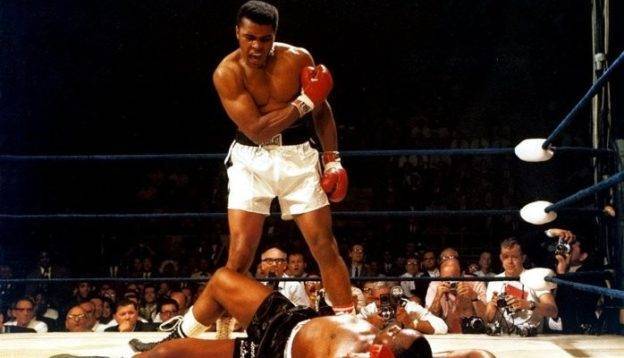There are a million things that could be done to prepare for an interview, but most of the interview preparation articles I read focus on what I would call “Interview 101.” These articles fail to address the critical step of setting yourself apart. If you need an article like that—because you are still not aware you need to be 10 minutes early in a dark suit and have several copies of your resume—then try this one or even this one about phone interviews. This article is about knocking that competition out by preparing better.
1. Be able to walk through your career
At the start of an interview, you will likely be asked to walk through your career (or at least the last 10-15 relevant years in 2-3 minutes without your resume). If you aren’t asked then you should take the initiative and offer, so make sure you’ve got this down. Be able to point out what you learned at each position that is relevant to the next position you want. Also, explain why you left each job and took the next one. This will help the interview to move along quickly at the beginning so you can get to the meat of it.
2. Prepare 6-8 examples of past performance in the Problem, Action, Result format.
Most good interviewers use a behavioral style of interview, which means they will be asking for examples of past performance. Why would a hiring manager care about what you think is your greatest strength if you don’t have any examples that would prove it? Check out my article on writing a good resume for how to develop them—then bring them, along with your resume, ready to go for whatever behavioral question may come up.
3. Research the individual—not just the company—you will interview with.
Interviews are about people, not companies. While it is important to check out the company website and read the most recent press releases, it is even more important to check out the people you will be meeting. If you did not receive a detailed schedule with each person’s name and title, request it from whoever scheduled the interview.
Search LinkedIn and review their public profiles. (However, if you aren’t well-connected on LinkedIn, try X-ray searching to at least view the public profile.) You can also search Facebook to see if you know people in common. You could also just Google their name and company and see what you can find. Look for common experiences and interests as a way to relate in the interview, as well as common challenges. Be careful with getting too much on the personal side. Checking their Linkedin profile is reasonable, but don’t bring up that you saw they like hiking on their Facebook!
4. Write your thank you cards.
Yes, this article is still about preparing for the interview. I’m recommending you write the thank you cards beforehand! You’ve got the names, you’ve got the titles, you know the address, so write the cards in advance. Drop them in the mail as you walk out of the interview and they’ll be delivered the next day. If you did well, they will be reminded of it again in the morning. Emails are adequate of course, but we’re talking about winning—not being an adequate loser.
Written by Mark J. Tyrrell
Mark J. Tyrrell is the Managing Partner & Founder of Right Resources and has helped clients recruit talented professionals across the U.S. for nearly 2 decades. He’s a big fan of connecting passionate and mission-oriented folks with teams that draw that passion out into the world to make it a better place. He lives outside Baltimore with his 1 wife, 1 daughter, 1 son, 1 dog, and 1 cat and he regularly dances like nobody’s watching—and sometimes like everybody’s watching.
Do you want to learn more ways to prepare for your next interview?

